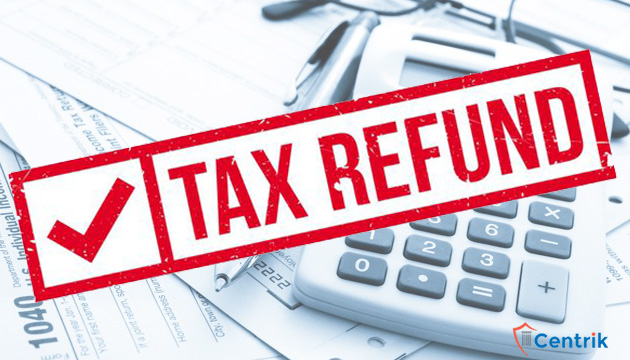
Transition of Refund of taxes paid under the existing laws
In the existing regime of indirect taxation refund is one of a most strained area, both for the taxpayer and the tax administration. It is obvious that a lot of refunds related issue will transit from the existing regime to GST regime.
The Model GST Laws dealt with the transition of refund of taxes which are paid under the existing system under the Transitional Provisions and insulated GST mechanism from refund of taxes paid under the existing regime.
Every statute like Central Excise Act, 1944, VAT Act, 2005, Chapter V of the Finance Act, 1994 provides for claiming of refund of excess of taxes paid if any therein. The assessee required to make an application for claiming a refund. Many of these applications may be pending as on the appointed date. Section 179-181 deals with issues related to refunds of taxes paid under the existing laws.
1.1 Pending refund claims to be disposed of under earlier law: Section-179
Section-179 insulates the GST framework from all pending refund application made under existing laws. This section bars to credit or set-off of all refund/demands arises out of disposal of such refund applications. Thus the credit ledger will have no impact from disposal of such refund applications.
1. Disposal of such applications in terms of the earlier laws: All pending applications for refund shall be disposed of on in terms of the provision contained earlier laws.
2. The amount refundable shall be refunded in cash: The duty is paid either by utilisation of credit or in cash. As a matter of practice, the department always permitted the re-credit of the amount when duty is paid by utilising the credit.
3. Unjust enrichment: The application must satisfy the principle of unjust enrichment;
4. Fate of refund application: If any amount is fully or partially rejected, the amount so rejected will lapse.
“It is not clear that whether an appeal will allow or not against the rejection of such order or not”.
5. Carried Forwarded Balances: Claim shall not be allowed any amount of credit where the balance of said amount as on the appointed date has been carried forward.
1.2 Refund claims filed after the appointed
a. Claim in respect to the goods/services exported before or after the appointed date:
Any claim for refund of any duty or tax paid under earlier law, filed after the appointed day, for the goods or services exported before or after the appointed day, shall be disposed of in accordance with the provisions of earlier law.
b. Refund claims filed after the appointed day for payments received and tax deposited before the appointed day in respect of services not provided:
The Service Tax is payable on services as per Rule 3 of Point of Taxation rules, 2011 wherein, the service provider is deemed to have rendered the service when the payment against service is received by service provider in advance, thus the liability to pay tax arises on the date of receipt of payment and the service tax to be paid accordingly. In case where, services have not been rendered by the service provider by any reason, the receipt may be refunded.
Section 181 provides that that in case where the service provider has paid prior to the appointed date and has not rendered the service, the service provider shall file their claim for refund of tax and the same shall be disposed off in accordance with the provision of earlier law.
- Disposal of such applications in terms of the earlier laws: All pending applications for refund shall be disposed on in terms of the provision contained earlier laws.
- The amount refundable shall be refunded in cash: The duty is paid either by utilisation of credit or in cash. As a matter of practice, the department always permitted the re-credit of the amount when duty is paid by utilising the credit.
- Unjust enrichment: The application must satisfy the principle of unjust enrichment.
{Disclaimer: This Article is originally written by Vineet Sahay, who is qualified Company Secretary, working in Company Secretary Firm as Senior Team Member. The entire content of this document is author’s own interpretation & personal view.}




 join For Updates
join For Updates